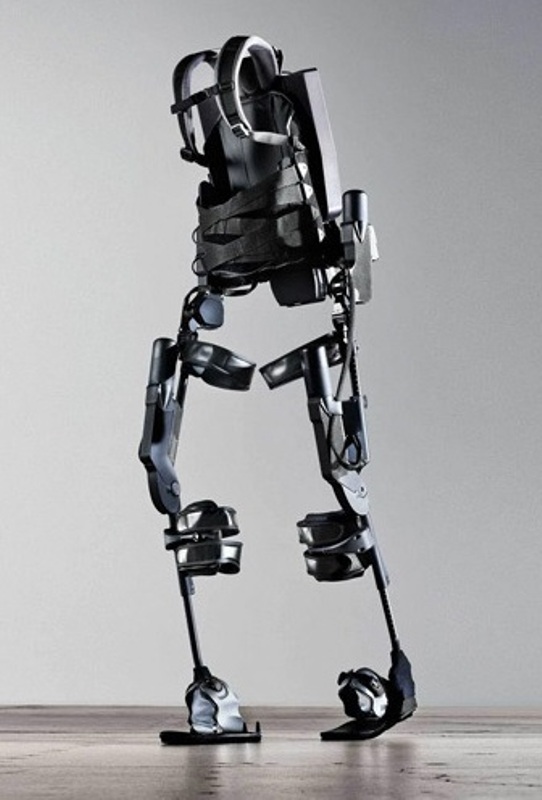
The global market for rheumatoid arthritis treatments is expected to grow at a CAGR of...
Learn More
Our consulting solutions address company specific challenges with respect to micro environment...
Learn More
Organizations frequently need day-today research guidancein order to gain strategic...
Learn More
Exploring different areas of market research and market analysis is a key factor...
Learn MoreAcute Market Reports presents the most extensive global business research services across industries. Our research studies focus on potential outcomes, benefits, and risks associated with each market segment across geographies. Having served our global clients for more than 10 years, our prime priority is to enable our clients in making well-informed business decisions through a data-driven, analytical, and uncomplicated research approach.
We provide access to the world's most comprehensive, analytical, and updated business intelligence services and solutions.




The roll-forming machines market is expected to grow at a CAGR of 4.7% during the forecast period of 2025 to 2033. These machines are essential in sectors such as construction, automotive, and aerospace for producing a wide range of products. In 2025...
Read More
The rehabilitation robots market is characterized by transformative advancements and a growing emphasis on improving patient outcomes. The rehabilitation robots market is expected to grow at a CAGR of 17.5% during the forecast period of 2025 to 2033....
Read More
The residential robotic vacuum cleaner market is expected to grow at a CAGR of 15% during the forecast period of 2025 to 2033, driven by various factors shaping consumer preferences and technological advancements. The surge in demand for in-house rob...
Read More




